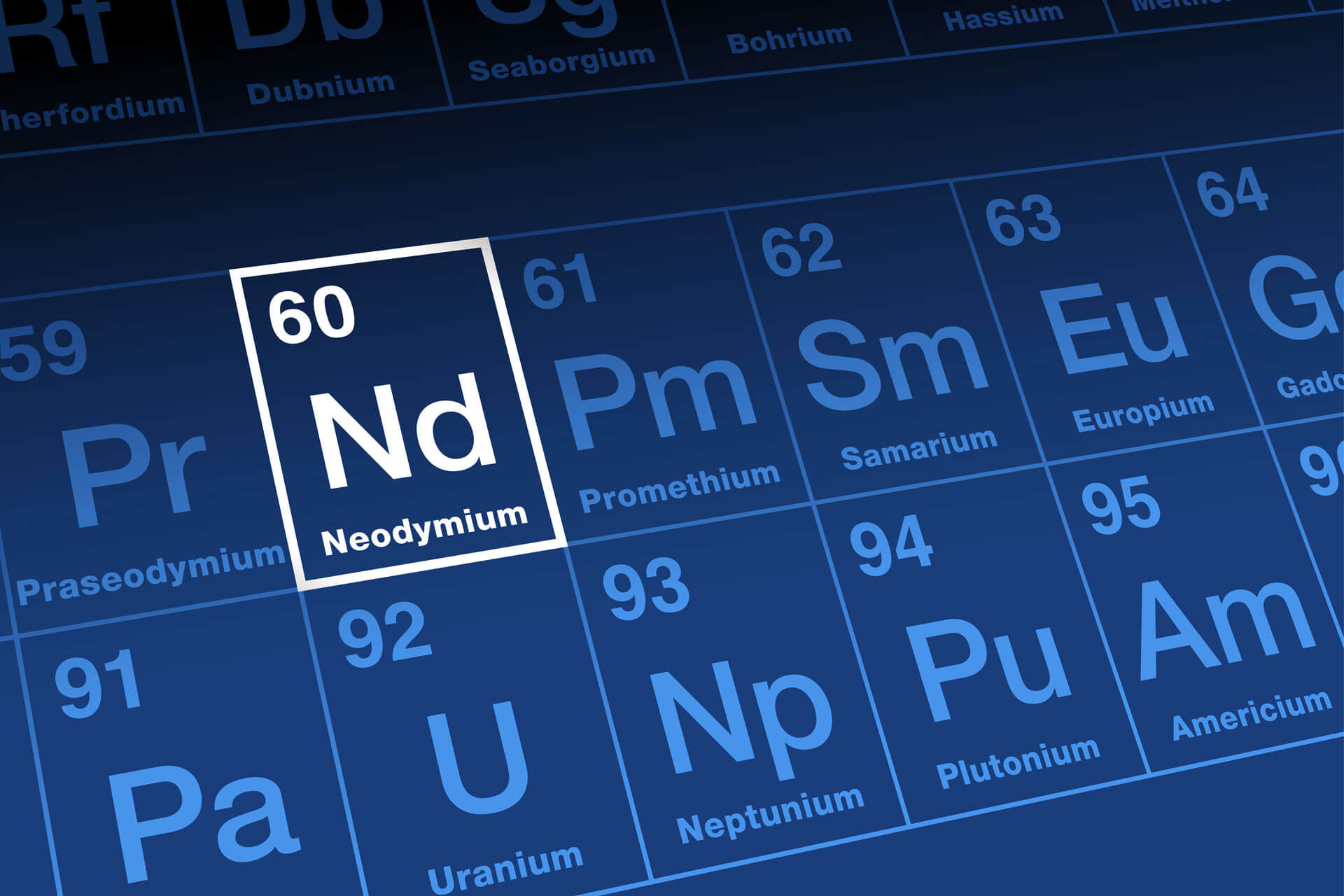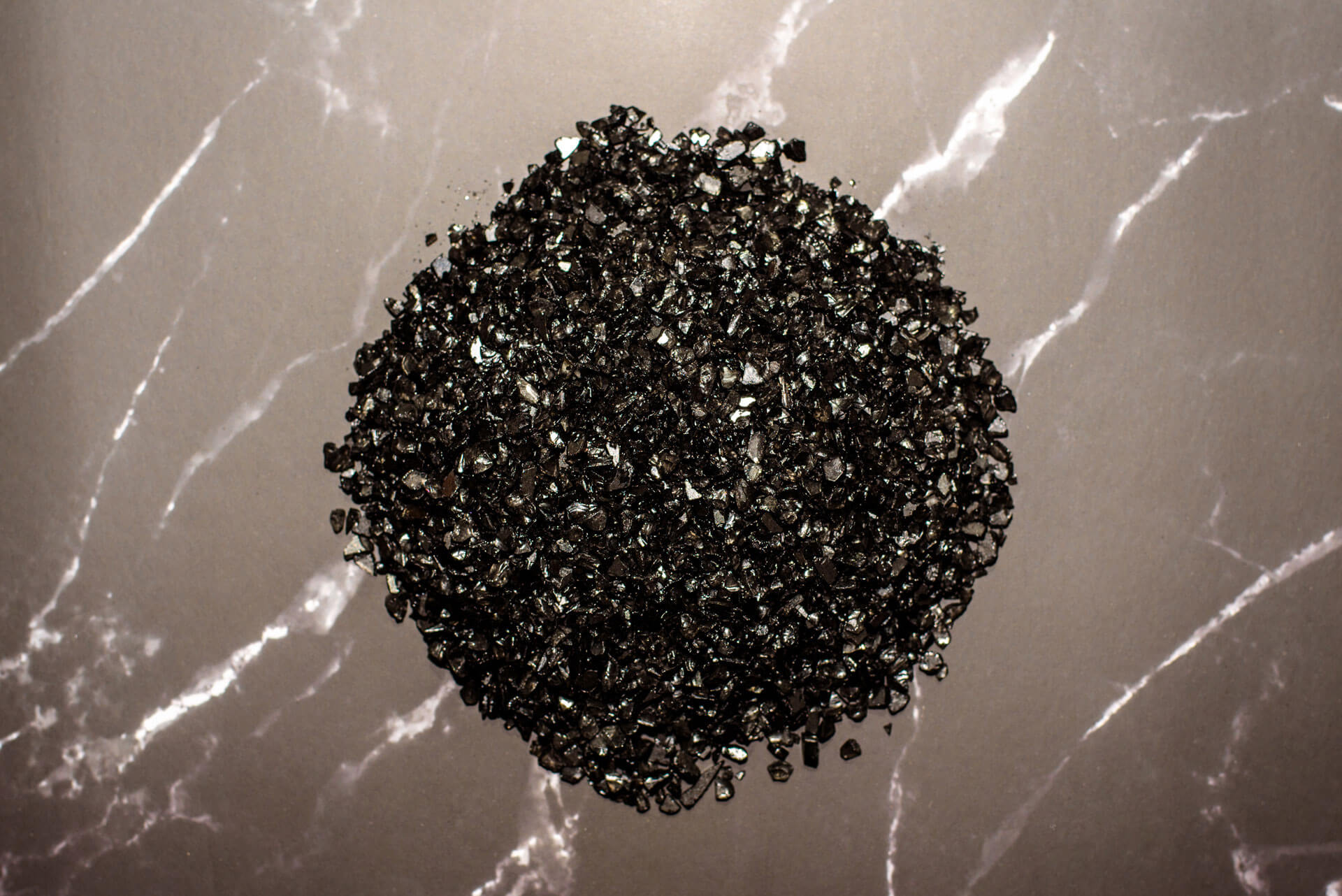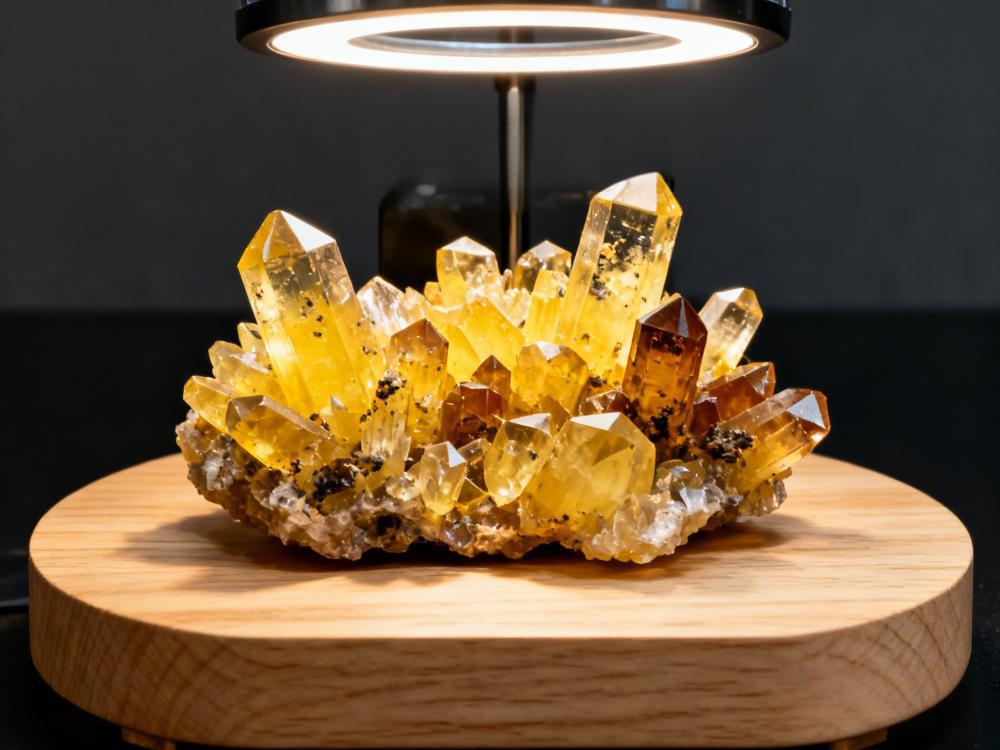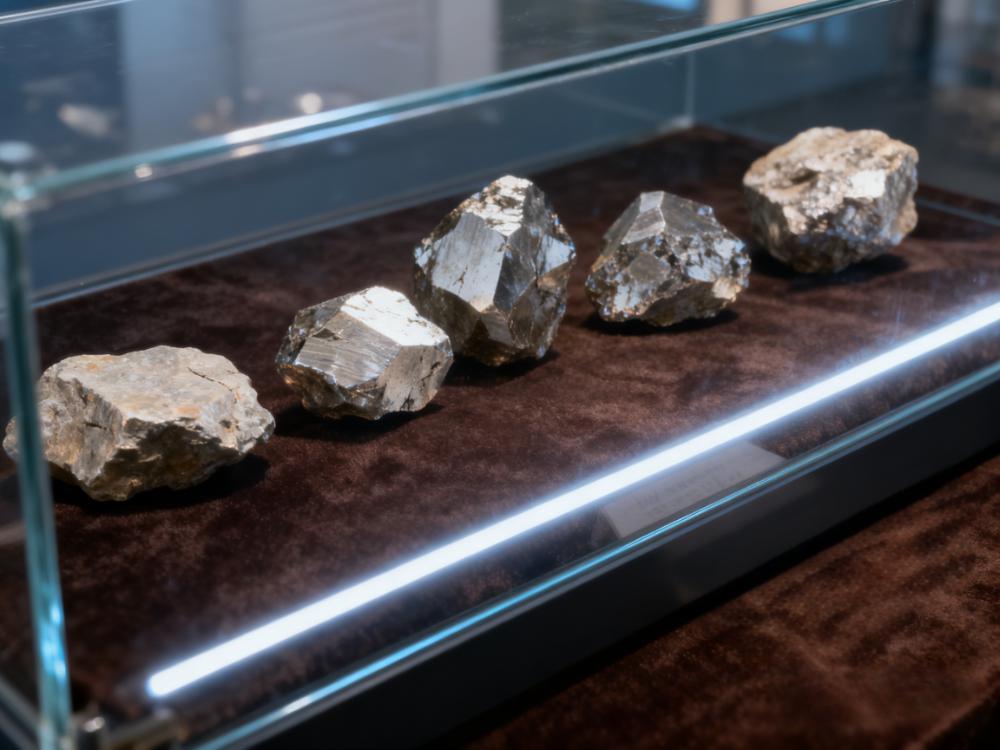by Jeff Yoders on DECEMBER 9, 2016
The Chinese government is attempting to support domestic businesses by shoring up rare earths market conditions.
This includes stepped up enforcement of environmental rules at rare-earth metal plants and crackdowns on illegal mining and smuggling.
Beijing carried out a series of spot inspections on environmental measures at factories last summer. Teams of experts tested wastewater and examined pollution-reduction measures at rare-earths smelting and separation plants. Operations at facilities that did not meet standards were suspended.
Those inspections covered a total of eight provinces and regions, such as Inner Mongolia, Heilongjiang and Jiangsu.
Japan is still wary of Chinese production due to a 2011 unofficial boycott of selling raw rare earths to the islands by Chinese producers. So much so that the Japanese have taken an interest in keeping Australian rare earths miner Lynas Corp. alive and helped it restructure its debts last month.
Now, some Chinese producers of rare-earth magnets are seeking to use this month’s expiration of a key patent held by Hitachi Metals Ltd. to expand exports of magnets used in products from motors to smartphones. The 17-year-old patent defines the structure of a specific type of neodymium magnet. Its expiration paves the way for previously blocked Chinese producers to sell to U.S. customers, according to Sun Baoyu, chairman ofShenyang General Magnetic Co. His company has formed an alliance with six Chinese producers to promote their products and fight Hitachi over other patents that the Japanese company says largely prevent rivals from making the magnets.
The expired U.S. patent is number 5,645,651, which describes a magnet which uses neodymium and cobalt.
The end of the patent will pit the seven producers in the alliance, and potentially others who try to tap into the market, against Hitachi and eight Chinese companies that have paid for the right to make and ship the magnet. Neodymium magnets are used in both smartphones and hybrid cars and a price war in their production could potentially bring down the cost of those end-use products.
Hitachi holds more than 600 patents for rare-earth magnets globally, some of which it acquired after taking over Sumitomo Special Metals Co. in the 2000s.
The Rare Earths MMI did not move for the sixth consecutive month, showing just how much the market has stabilized since the last China-Japan rare earths dust up.



